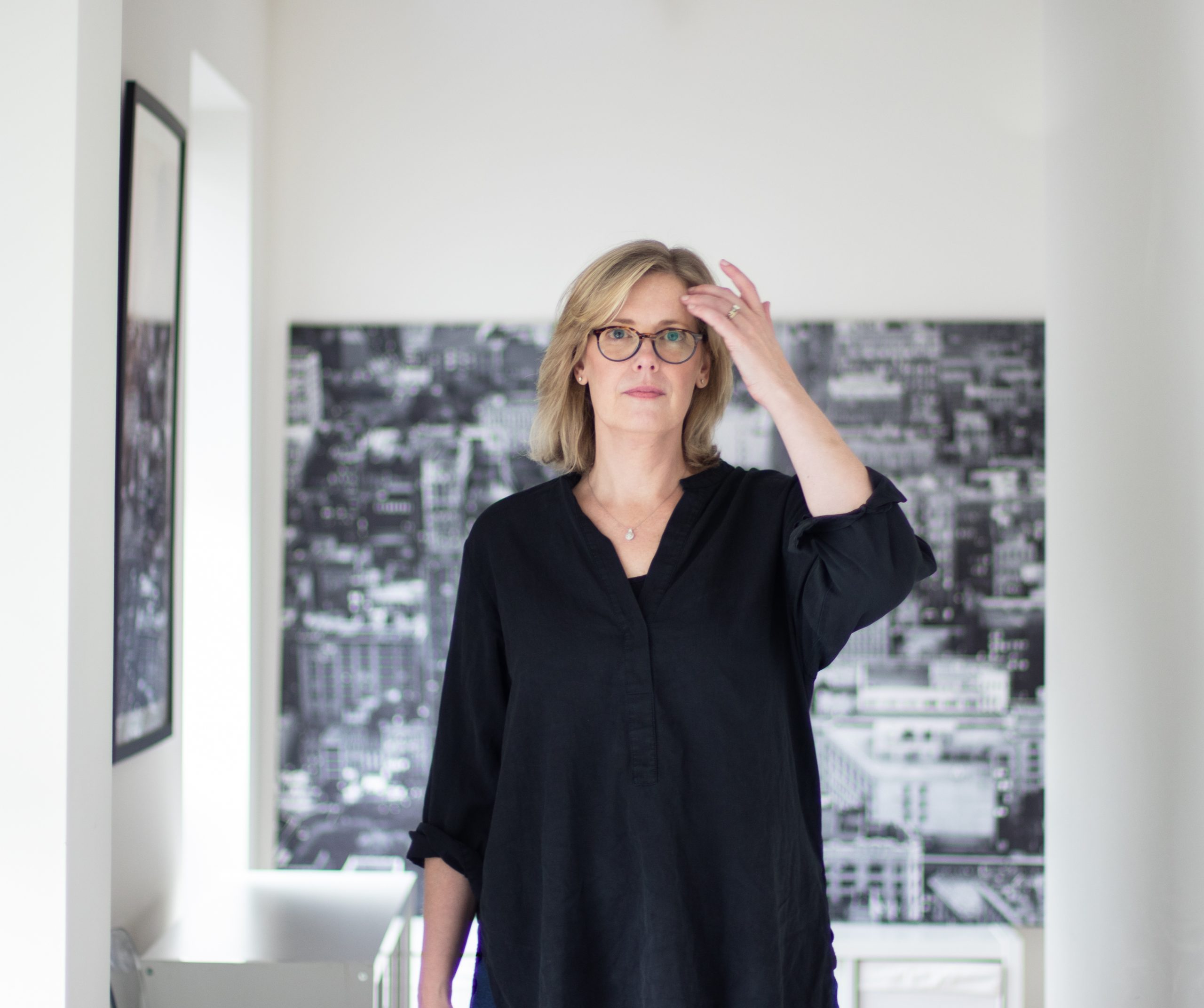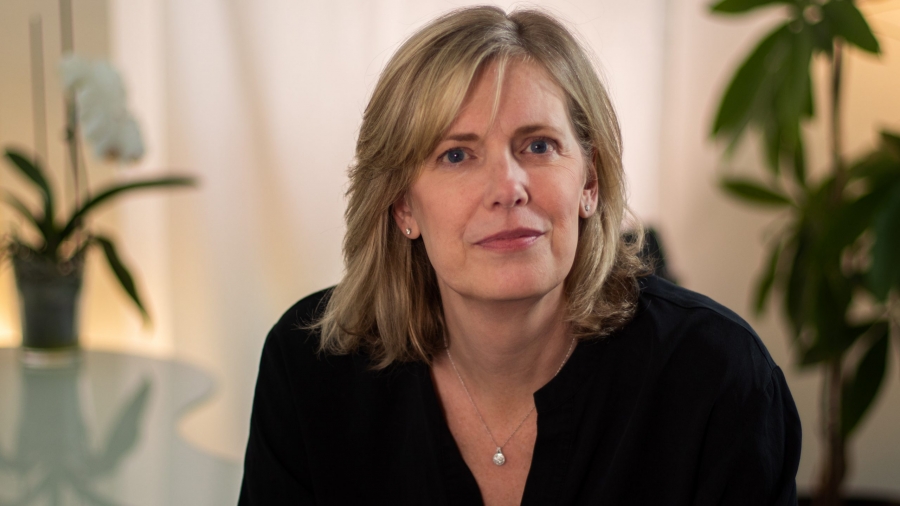Written by Julieta Gozalo
[Note: This article was last updated on March 2, 2021]
Since the pandemic started, the entertainment industry has been plagued with tales of doom and gloom about everything being shut down. While one would think that a casting director’s work would slow down because of it, this doesn’t seem to apply to Erica Arvold: she’s busier than ever.
I got a glimpse of her busy schedule during our interview. At one point, we briefly pause our interview for a few minutes when she receives a call from her producer; near the end of our interview, she quickly looks up what she has scheduled next.
“Let me check what I have…Oh holy cow!” she exclaims. “Yeah, I have a 5:30 I have to be on time for.”
Before I start asking my questions, we chat for a bit about our quarantine experiences, the industry, and her company. I mention to her that one of my resolutions for the new year is to watch at least one video per week related to my artistry. I happened to stumble across the Arvold YouTube channel, filled with videos answering actors’ most pressing questions.
“This is such a great resource!” I tell her. “There’s all these questions I’ve always had; it’s so nice to get a casting director’s perspective. All these things you want to know and you either never get around to it, or you don’t know if you should ask a casting director.”
“We’ve had people say they were in a horrible car accident, and they were in mandatory bed rest for months. And they watch our videos every day. They tell us ‘You don’t know what a lifeline to my artistry those videos were while I was lying on my back for six months.’ It was the start of this community.”
She tells me about Feedback Friday, a weekly Twitch stream Erica hosts where she gives feedback to industry creatives. It first started out on Twitter, but once the pandemic started, she moved over to Twitch, a streaming platform usually reserved for gamers. Her teenager, who had their own Twitch platform, recommended it to her, and offered to set it up for her.
“Have you thought about Spotify?” I ask.
“I would LOVE to do a podcast,” she muses. “I have so many things I’m interested in doing, but I think that’s going to be on the back burner until someone says ‘Erica, I want you to do a podcast. I’m taking care of everything and you need to show up on Thursdays at 8 o’clock’, and I’ll be like ‘Great, I’m there.’”
Due to the isolation most of us are in now, quarantine has depleted our social skills and I’m no exception. But, as a testament to how easy it is to talk to her, I realize that we have been chatting for fifteen minutes and I hadn’t even started our interview.
“Well, I should probably get to my questions,” I laugh. I start off by asking her how she got her start in the casting industry.
She discovered her love of casting through her undergraduate education. She graduated from DePaul University, receiving her conservatory training from what was formerly known as the Goodman School of Drama, renamed The Theatre School in 1982. In her junior year, she began a casting internship at Jane Alderman Casting in Chicago.
“It was accidental, and the best thing that ever happened to me. I’ll never forget sitting there, I was 19 years old, and I heard [Jane Alderman] on the phone talking to producers and directors and agents, and there were actor’s pictures everywhere, and she was advocating for actors and I just started crying. And she’s like ‘What is wrong?’ And I said ‘I found my place!’ I was overwhelmed with a sense of this balance of all my passions. Of storytelling, of producing, of directing, of acting. I was a sponge and it was this pool of water. And now it’s 31 years later. ”
It’s clear to see she hit the jackpot and found a job she truly loves doing. I ask what excites her the most about what she does.
“Creating something out of seemingly nothing. I don’t think I’ll ever get tired of that.”

“It’s the best,” she continues. “As a casting director, what is that writer’s vision? It’s all about serving the creative vision. It’s never about whether an actor is good or not. They’re always good, they belong somewhere, but where are you going to put them? And the more specific parameters are, the easier the decision is.”
We transition into talking about her latest project, The Good Lord Bird, starring Ethan Hawke. Hawke plays abolitionist John Brown who leads a group of abolitionist soldiers battling slavery in Kansas, finding himself in the 1859 Army depot raid at Harpers Ferry, which in turn helped incite the Civil War. Filming started in July 2019 in Richmond, Virginia, with Erica leading the location casting for the miniseries.
“It was incredible. Everyone reviewed self tapes in person with me. There’s me driving to set, getting my huge flat screen TV out of my trunk, trudging through the set to Ethan’s trailer, setting up the TV, and then all the producers, writers, and directors come into the trailer and watch the tapes together and we did that for every episode.”
For most network and streaming series, episodes are not cast all at once. Major characters or guest star roles are cast and confirmed prior to shooting, but smaller co-star or day player roles for each episode are cast during production. This meant that Erica was a part of the process through the whole filming process.
“Usually we start any show six weeks to twelve weeks in advance of principal photography and then we’re on it until the very end. The scripts aren’t necessarily written or finalized.”
“Writers are scrambling to get the next script out and get it approved. By the time you’re at the penultimate episode, you’re waiting for a script. You’re like ‘What kind of characters do we need to get?’ And [the writers] are like ‘Uh, we haven’t written it yet!’
While it sounds overwhelming, Erica takes it in stride.“It gets very pressurized and the timing is very quick, but it adds to the craziness of movie magic.”
I ask her what her casting process is like, and what it was like for Good Lord Bird.
“The first method is brainstorm. The second method is Breakdown and Actor’s Access. On Good Lord Bird, we released descriptions of some of the roles on our website because actors, especially in an up-and-coming region like Virginia, are still learning that the most professional way to submit is via Actors Access. I have good relationships with agents; I watch demo reels.”
But that doesn’t mean she only sticks to casting websites and agents. On Harriet, the 2019 American biographical film starring Cynthia Erivo, she needed to cast very specific twins and took an unusual route to try to find what she was looking for.
“It’s the only time I’ve ever done this, but I searched #twins and #actors on Instagram. You can’t only rely on agents. As a casting director, you’re the only one that really understands the role. Agents can submit based on the breakdown, but the description is only a very small piece of what you’re looking for.”
“Were there any co-star or recurring roles that went to local talent that didn’t have agents or submitted through an open call?”
“A few, actually. I know there were a ton of roles that were supposed to come from Los Angeles, that we ended up casting regionally. That has happened more and more in every production. I call them gifts. [Producers] start seeing the talent, and usually they’re blown away. And then they ask ‘Could you also look for this role? We’re only looking in LA, but could you look too, just as a backup?’ You have to be crazy discerning to represent the quality of actors [in this area]. You have to be specific and make sure the bar is as high as it can be. I spent years in Los Angeles… so I understand what is expected and respect that discerning eye.”
As we end our interview, I ask her what advice she has for local actors who are hoping to get cast in productions such as Good Lord Bird or other network shows she casts.
“Prepare. Know what is expected. Surround yourself with other professionals that can help give you advice and support. Respect your journey, because if you start somewhere, there’s only more that you can learn, but everyone starts somewhere. Submit yourself properly, get your tapes in on time, follow directions, label them correctly, all the little things matter a lot. Bring yourself to the audition. If you’re thinking, ‘What do they want?’, you will never get booked. The right headspace is to say ‘I’m an artist. I like this material […] this is my instinct about this character. I rehearsed, I understand the given circumstances, I understand my objective […] I’m specific. I created a character – let’s see if they like it’”.
I ask if she has any upcoming projects that she’s working on.
“I can’t talk about them, but I have some series, some films, and I think I’m going to be directing a feature film as well. I’m really excited. And my project that’s really my passion is Arvold Warner Studio.
I let her go on the dot, remembering her very important 5:30 call. She fittingly ends our interview by telling me: “I will not slow down.” If a pandemic couldn’t stop her, I doubt anything else could.

